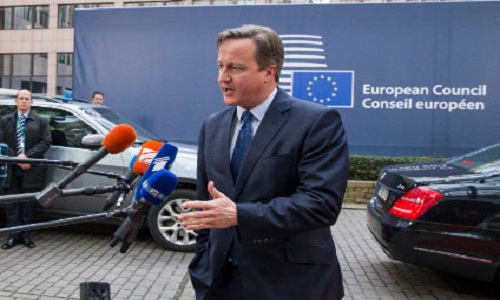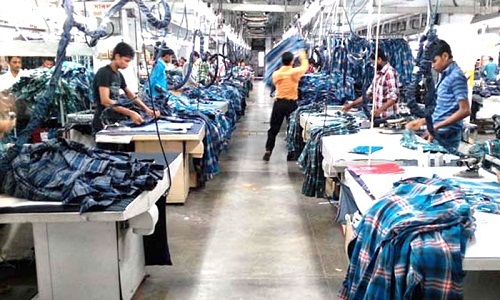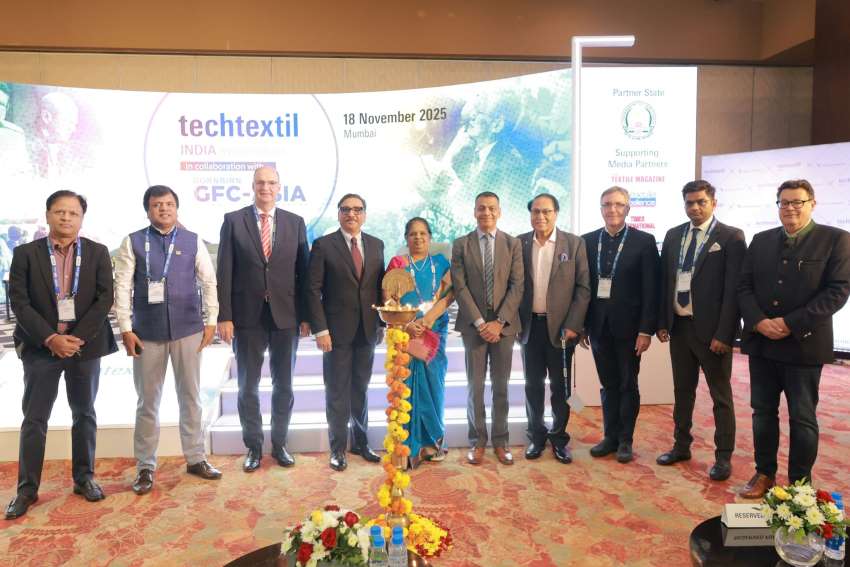"According to economists, post Brexit, the British pound is expected to continue tumbling, quickly leading to higher prices. Businesses worried about the impact of Brexit will at best delay investments – and at worst, start moving jobs elsewhere. Even Brexit's strongest advocates have admitted some economic stuttering is likely at first – and, as Britain is the EU's biggest export customer after China, any slowdown here will slow the rest of Europe."

Brexit will make Britain’s politics and economy volatile and extraordinarily uncertain for some time. However, the United Kingdom will no longer be bound by the European VAT rules; the weaker pound may cause inflation; the local economy can shift towards other areas and all these things make it very hard to predict a possible Brexit impact.
According to economists, post Brexit, the British pound is expected to continue tumbling, quickly leading to higher prices. Businesses worried about the impact of Brexit will at best delay investments – and at worst, start moving jobs elsewhere. Even Brexit's strongest advocates have admitted some economic stuttering is likely at first – and, as Britain is the EU's biggest export customer after China, any slowdown here will slow the rest of Europe.

During that period of uncertainty, apparel brands and retailers need to make their case clearly – something they've been pretty hopeless at recently, on both sides of the Atlantic.
Most Brexit supporters expected to lose, when Britain's EU referendum was first announced. In mid-May, 'Leave' started to pull ahead of 'Remain.' That surge of resentment coincided with growing complaints about prominent British apparel retailers.
Low wages and tyrannical management at Sports Direct's Shirebrook warehouse in Derbyshire summarise Britain's EU tangle. The area has been devastated since the UK government closed its coalmines in the 1990s, and while growth in Sports Direct's e-commerce business has meant the workforce has grown tenfold, the boom has also pulled in thousands of East European migrants – whose low pay is topped up by British tax subsidies. Their arrival also put strains on many of the town's resources.
Brexit advocates claim stronger trade links with countries in Asia and the Americas will eventually make Britain better off outside the EU.
Apparel retailing stands to gain

World's largest apparel retailers and brands have seen profitability falling lately. As a result, it has tried putting more emphasis on promoting sales to developing countries – but often that has simply depressed profit further.
US apparel importers continue to push for ratifying the proposed Trans-Pacific Partnership (TPP). But none have provided any evidence that US voters will see a direct benefit in terms of greater job opportunities or lower prices. Lobbyists just claim that US apparel importers' profits rely on the TPP. Almost every UK retailer believed leaving the EU would be a step backwards. Europe gives them opportunities they don't want to lose.
Now with Brexit, the British government will want lots of international agreements it can present as ‘trade deals.’ Every country in Asia would love a deal that lets it sell clothes duty-free to Britain without easier access to their own markets for UK products. Which is precisely the kind of deal countries like Japan and Switzerland have signed with India. British apparel retailing stands to gain a lot from post-Brexit Britain's taste for trade negotiations.
Impact on Europe
Experts say there are two areas the Brexit will hit Belgian companies the hardest when it comes to trade and retail: first, the exchange rate, because currency devaluation will make imported goods more expensive. At the same time, it will benefit British competitors. Immediately after the referendum's results were revealed, the pound dropped to its lowest level since 1985, compared to the dollar.
The second area is more of a long-term effect: If the United Kingdom is no longer part of a unified market, then it can create rules and impose tariffs that may slow trade. Likewise, the European Union can also harden its stance on the import of British goods. Plenty needs to be discussed between both sides before a clear impact can be seen. Considering the intensity of trade between the United Kingdom and the European Union, both trade groups will probably (need to) sit down and write down new deals.
It is far too early in the process to see which way these talks will go. Will the United Kingdom remain in the European Economic Area, like Norway and Iceland, or will it move towards the European Free Trade Association, like Switzerland? Maybe it will just create multi- or bilateral treaties with the United Kingdom or individual European countries? The UK's exit has to be pinpointed within the next two years, but there is no timeframe for any new commitments whatsoever.
What does this mean for Asia?
Already, policy makers in Japan, Korea and India are saying not much impact in terms of their respective countries' real economies. They're trying to reassure investors and to keep markets calm. It's true - a direct impact on Asian economies from Brexit is unlikely in the longer term.
As OCBC Bank's Wellian Wiranto said in a note to investors: As a percentage of GDP, exports to the UK range from 2-3 per cent for economies such as Hong Kong and Vietnam, to even lower (0.2-1 per cent) for most of the rest - including Indonesia and Malaysia.
But businesses in some major Asian economies, particularly India and Japan are likely to be hit.
Japan Inc. employs around 140,000 people in the UK and has about $59bn (£40bn) invested there. Big Japanese car manufacturers like Toyota have already said a Leave vote may lead to 10 per cent duties on UK-made cars being sold in the EU. Currently, Toyota exports almost 90 per cent of the cars it manufactures in the UK - and three quarters of those go to the EU.
Asian companies which have set up operations in the UK to gain access to EU markets will also have to reassess. Japanese electronics firm Hitachi, for one, has said it will rethink its UK operations in the event of a Brexit.
Over in India, the focus is on technology firms. Together, the UK and Europe account for over-a-quarter of the country's IT exports, worth around $30bn. In a statement, the Tata Group which has been operating in UK since 1907 said there are currently 19 independent Tata companies in the UK, with diverse businesses. It also said that ‘access to markets, and to a skilled workforce will remain important considerations.’
Certainly Asian business leaders are watching the process of how the UK transitions out of the EU very closely. If there is a material impact on EU economies, Asia won't escape unscathed.
China is also expected to suffer due to Brexit. The Chinese market didn’t reflect that overnight, falling by a marginal 1.3 per cent. Then again, investors all week were certain that the U.K. would remain a part of the EU.
The yuan still has ties to the dollar. As the dollar rises, the yuan rises. As the yuan rises, Chinese goods are less and less competitive. Chinese exports slow, manufacturing shrinks, layoffs are rife, unemployment escalates, imports decline, commodity prices fall and commodity economies crash. China falls into recession for reasons above mentioned. The U.S. falls into recession because the dollar is simply too strong.
And Europe, falls into recession because Brits - their currency crushed relative to the euro - can’t afford as much from Germany (hitting the German economy hard) and because of the loss of white-collar and manufacturing jobs that are soon to leave the U.K.
In short, the global economy is hit by Brexit, which will take a while to come out of it.












